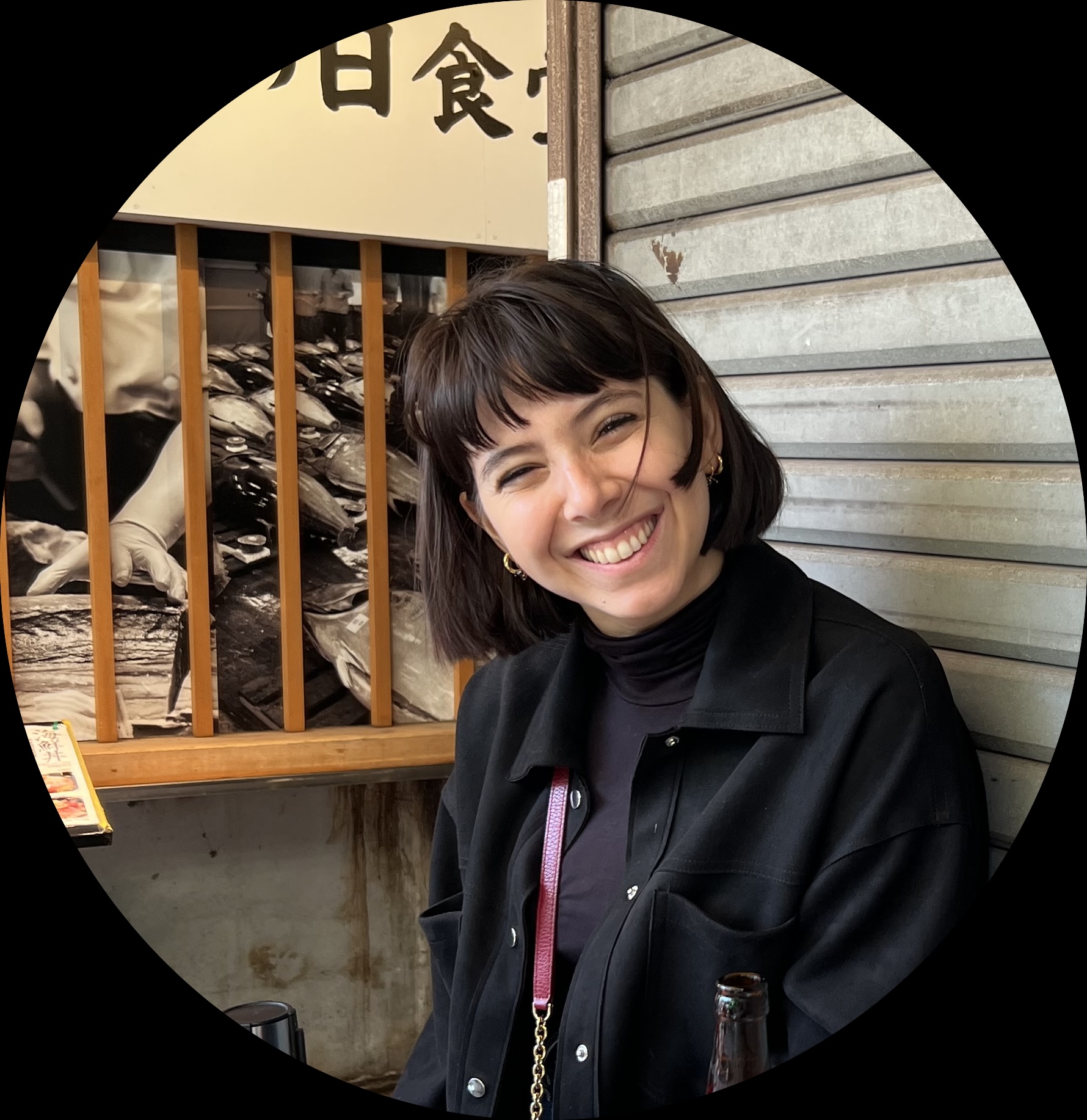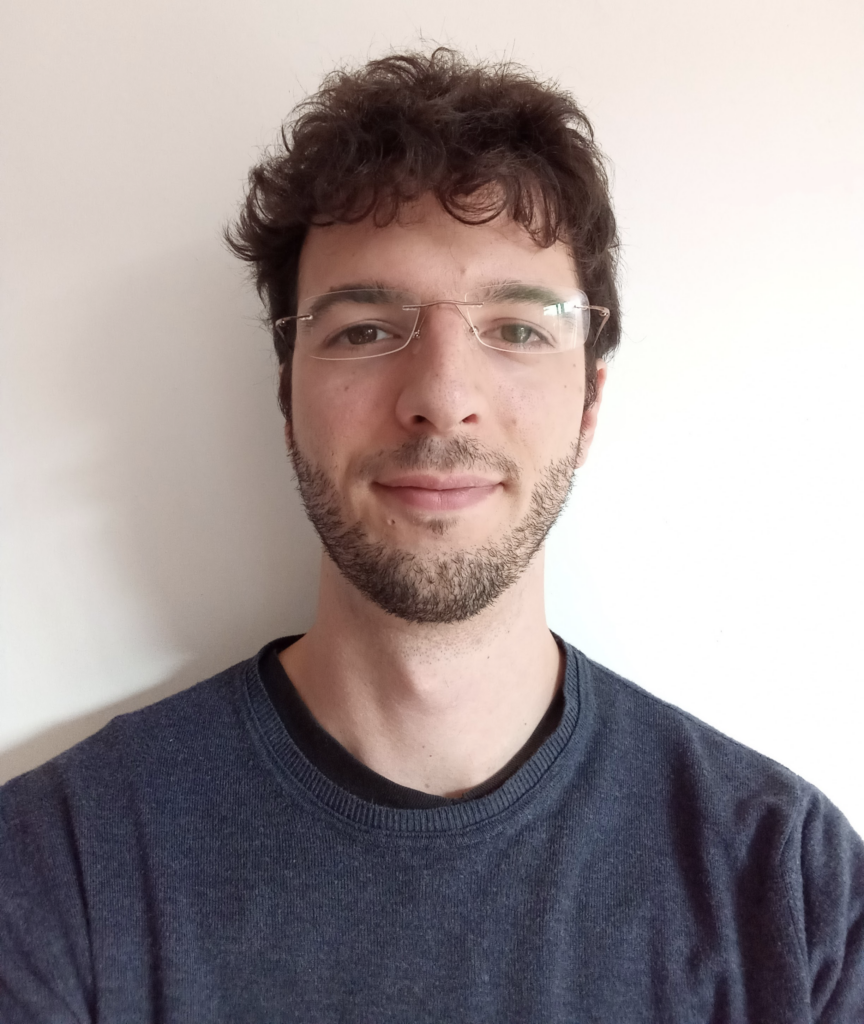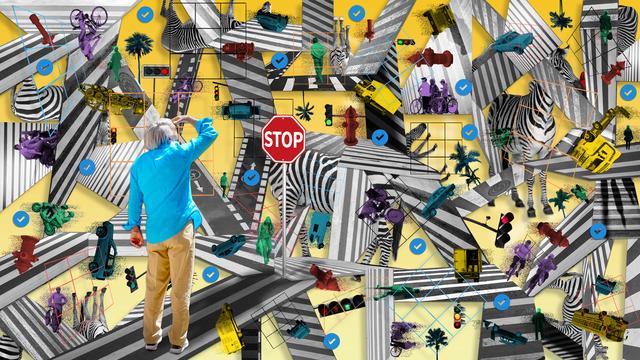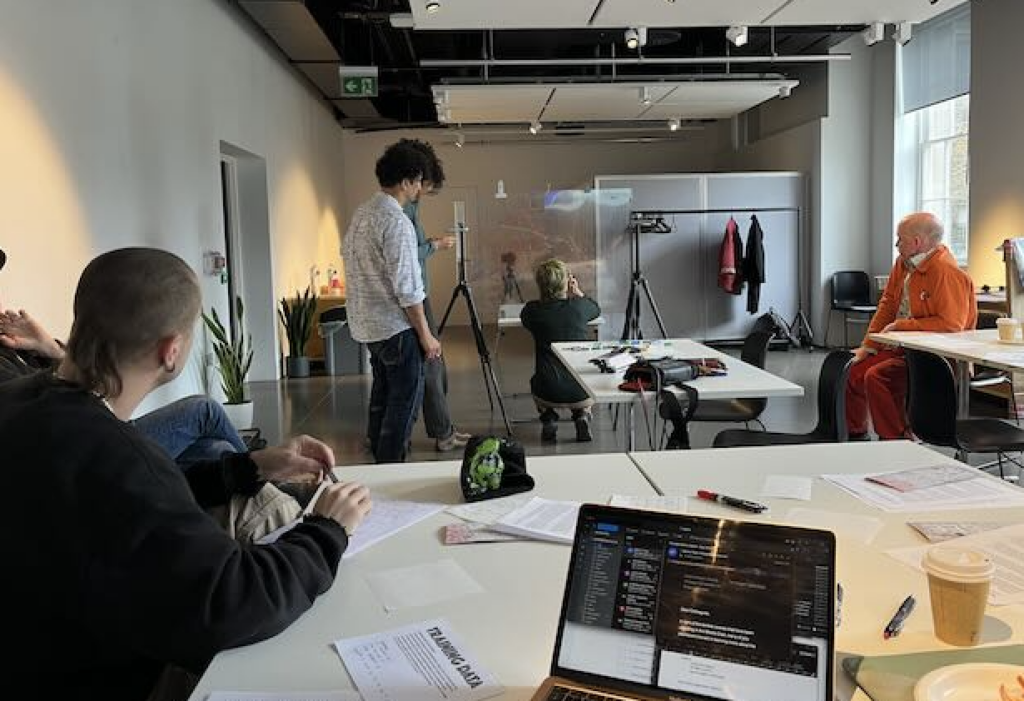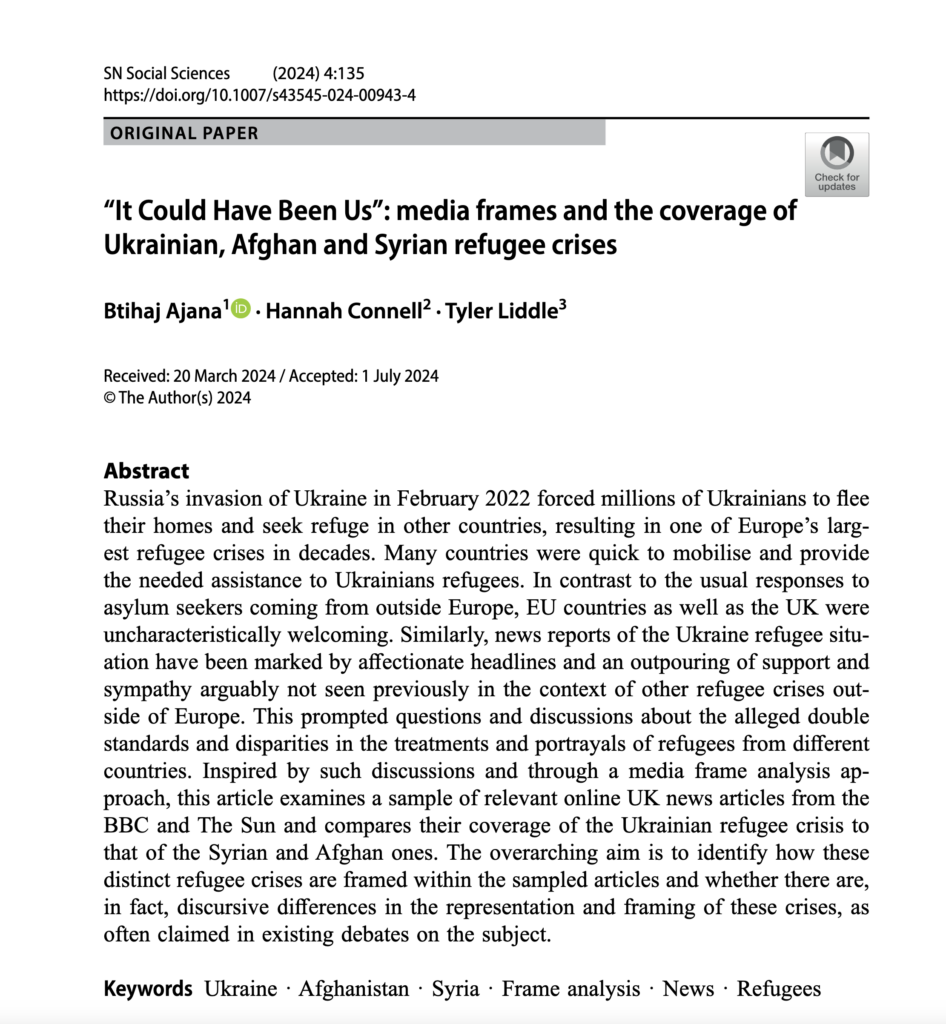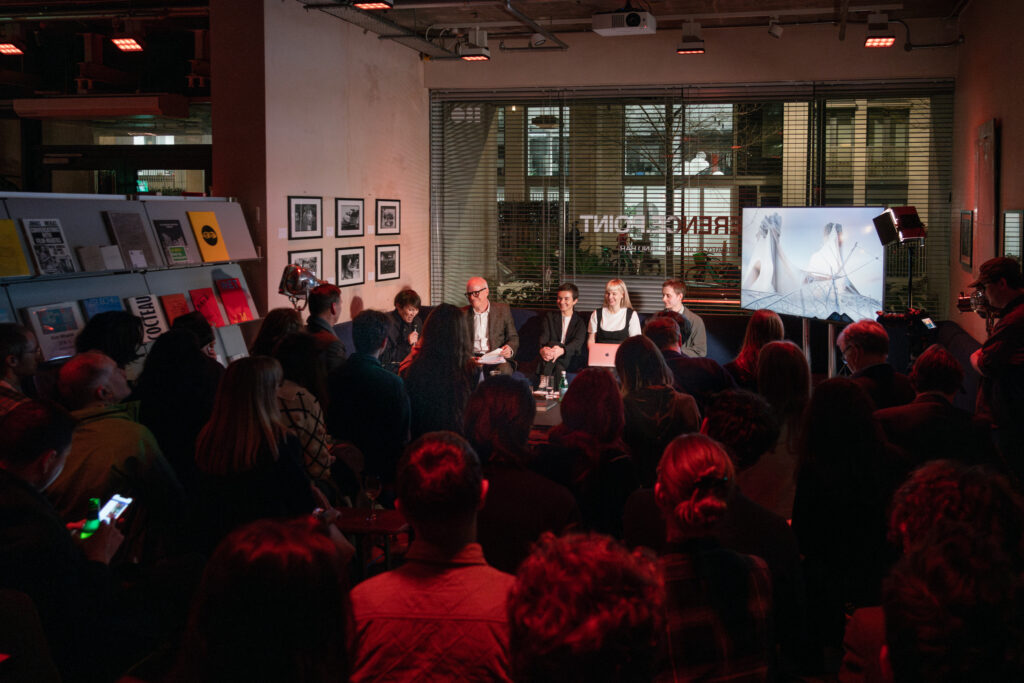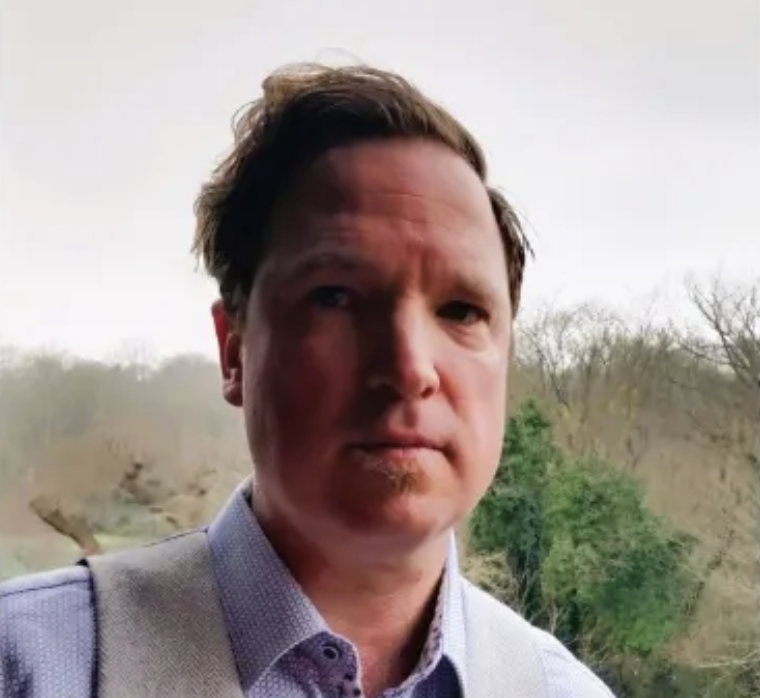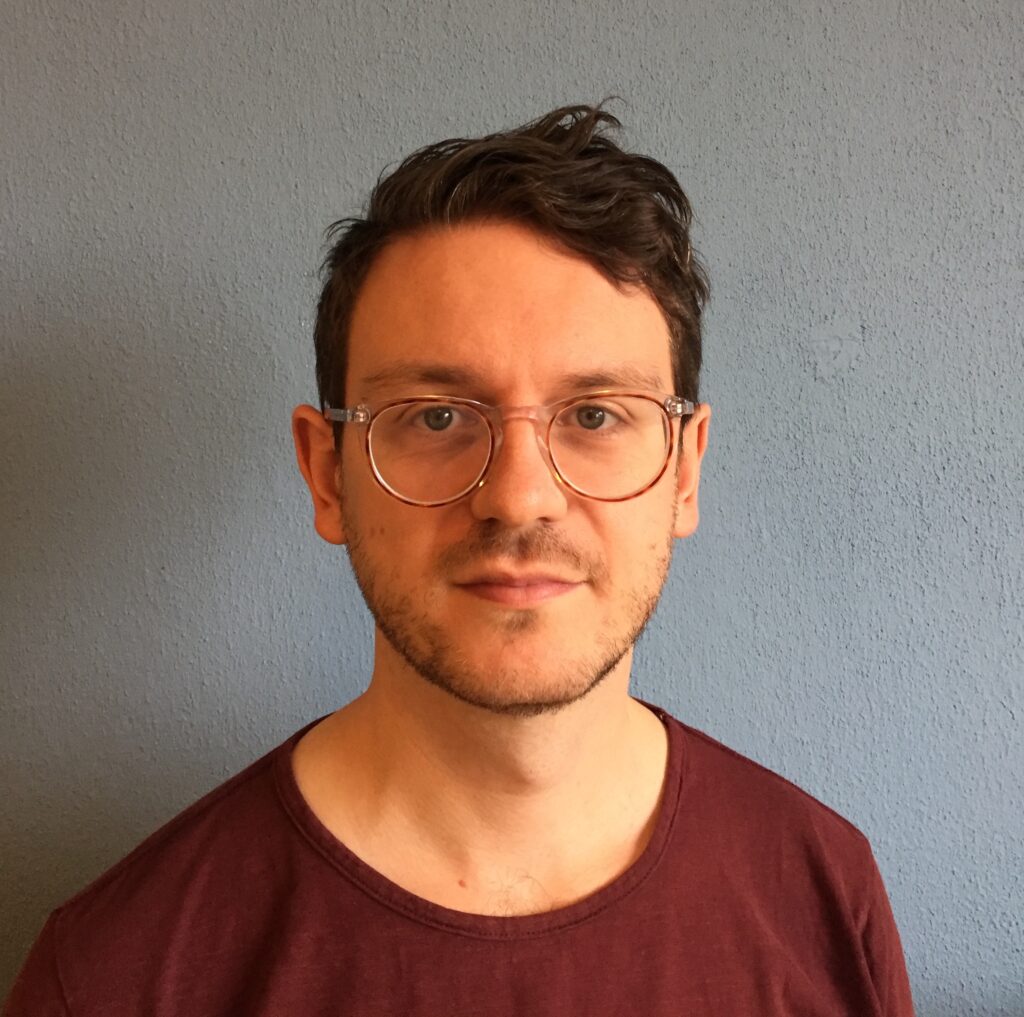Workshop organised by Andrea Farina (Department of Digital Humanities) and George Oliver (Department of Classics).
The Department of Digital Humanities at King’s College London is excited to announce a unique opportunity for scholars interested in the intersection of Classics and digital methodologies. We invite you to participate in our upcoming event entitled Data Driven Classics: Exploring the Power of Shared Datasets on 5th July 2024.
Date: 5th July 2024
Time: 10:00 AM – 5:00 PM
Venue: King’s College London, Embankment Room MB-1.1.4 (Macadam Building, Strand Campus)
About the Workshop:
The study of the ancient world increasingly relies on curated datasets, emphasising the importance of data sharing and reproducibility for open research in today’s technologically interconnected world. In this context, the workshop aims to achieve two main objectives:
- Raise awareness on the significance of datasets, data papers, and data-sharing for Classics.
- Guide classicists in identifying, utilising, and sharing datasets within the scientific community.
The workshop will consist of a one-day programme featuring engaging presentations, hands-on sessions, and roundtable discussions led by experts in the field. In the morning session, our four invited speakers will explore the importance of data-sharing and present case studies of published datasets in Classics, covering linguistic and historical-geographical perspectives. This will be followed by a general discussion on data use and sharing.
Dr Mandy Wigdorowitz (University of Cambridge), Humanities has a place in the open research and data sharing ecosystem.
Paola Marongiu (University of Neuchâtel), Collecting, creating, sharing and reusing data in Classics: an overview of the best practices.
Mathilde Bru (University College London), Building and publishing a dataset as a Classicist.
Prof Claire Holleran (University of Exeter), Working with epigraphic datasets: mapping migration in Roman Hispania.
In the early afternoon, participants will engage in hands-on activities, working in groups to describe datasets and identify their potential for reuse. They are encouraged to bring their own datasets, if available, to receive feedback from both the workshop facilitators and fellow participants. Feedback will focus not only on the quality of the data itself but also on the best practices for sharing it (e.g., format, open repository, deposition process). For those who do not have their own datasets, we will provide sample datasets to familiarise themselves with various repository types and data formats. Participants will also have the opportunity to learn about different platforms for data sharing and essential elements such as creating a README file and understanding its purpose. Discussions will also cover vital aspects such as licensing options and the significance of obtaining a DOI for datasets.
Who can attend:
This workshop is open to postgraduate students, researchers, and staff members interested in Classics, regardless of their level of expertise in digital methodologies. We especially encourage participation from those with an interest in linguistics, archaeology, history, and related fields. Participants are sought within and outside King’s College London. Preference will be given to applicants whose cover letters demonstrate that their research projects or professional pursuits benefit from the event. We also aim to maintain a balanced representation across disciplinary backgrounds.
Registration and logistics:
Seats for this workshop are limited. To apply for participation, please email Andrea Farina and George Oliver at andrea.farina[at]kcl.ac.uk and george.oliver[at]kcl.ac.uk attaching a cover letter no longer than one page in .pdf format and writing “Data Driven Classics Registration” as the subject of your email. In your cover letter, please state your name, affiliation, position (student, PhD student, Lecturer etc.), email address, and your field in Classics (e.g., linguistics, history, etc.), and explain why you would like to attend the workshop and how it can benefit your research.
There is no registration fee for this event. However, participants are responsible for covering their travel expenses through their own institutions. The workshop will accommodate a maximum of 25 participants to ensure adequate assistance during the hands-on session.
Important dates:
Deadline to submit expression of interest with cover letter: 22nd May 2024.
Notification of acceptance: 31st May 2024.
Event: 5th July 2024.
Contact Information:
For any inquiries or further information, please contact Andrea Farina at andrea.farina[at]kcl.ac.uk or George Oliver at george.oliver[at]kcl.ac.uk.
